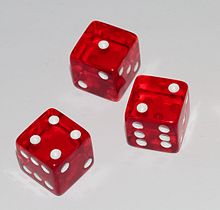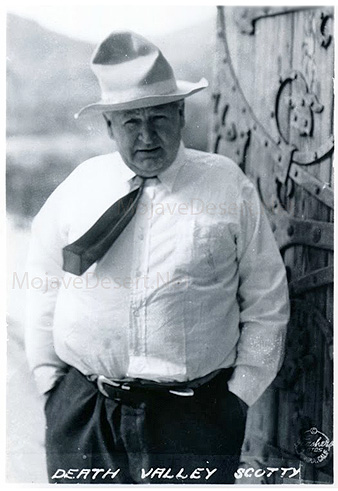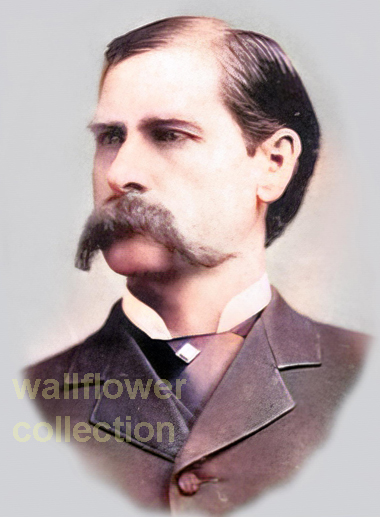Wyatt & Scotty's Nefarious Adventure
Wyatt Earp and Death Valley Scotty (Walter Scott) were taken into custody in Los Angeles in 1911 for being part of a scam. This little-known event connects two famous figures from the Old West.What Happened:
Scotty, known for tricking people with fake gold mines, was part of a scam in Los Angeles.
Wyatt Earp, who had largely retired from his activities as a lawman and gambler, was tangentially associated with Scotty at this juncture. Earp reportedly functioned as a private detective or promoter, but in what way he was involved with the scheme is not specified. The specifics of the swindle are not well-documented, but it had to do with gulling wealthy individuals, for which Scotty was well-known. Arrest and Aftermath:
Both men were arrested, but the charges didn't hold up. This was probably because there was not enough evidence or Scotty's strange skill to avoid serious punishments, so the case didn't move forward much. Wyatt Earp's name, linked to this event, added to the mystery of his later life. By that time, his reputation as a former lawman and Western hero probably made it harder to try to punish him.
The incident brings into dramatic focus the confluence of Scotty's propensity for scams with Earp's convoluted, opportunistic later life when these two Western legends found themselves in the same courtroom!
Bunco
 Bunco is a dice game with a somewhat checkered past, involving gambling places, social clubs, and family gatherings today. It began in 19th-century England as a cheating game called "eight dice cloth" and came to San Francisco in 1855. There, it quickly gained popularity in gambling places known as "bunco parlors." These establishments were known for cheating customers, and the word "bunco" became synonymous with scams. Following the Civil War, the game became more of a respectable parlor game, played in homes due to its simplicity and social aspect.
Bunco is a dice game with a somewhat checkered past, involving gambling places, social clubs, and family gatherings today. It began in 19th-century England as a cheating game called "eight dice cloth" and came to San Francisco in 1855. There, it quickly gained popularity in gambling places known as "bunco parlors." These establishments were known for cheating customers, and the word "bunco" became synonymous with scams. Following the Civil War, the game became more of a respectable parlor game, played in homes due to its simplicity and social aspect.
During the 1920s, when drinking was illegal, bunco became a popular gambling game often played clandestinely in speakeasies. Raids on these establishments led to the establishment of "bunco squads," whose purpose was to shut down illegal gambling dens. Despite such a colorful history, the game matured into an entertaining and harmless social pastime.
The bunco parlors in San Francisco during the 19th century were particularly notorious, though individual establishments remain unnamed in history. These parlors frequently changed locations to elude law authorities, building up their overall notoriety rather than particular legends. Today, bunco is remembered not just for its roots in gambling and scams but also for its evolution into a beloved social game that brings people together.
Bunco is a dice game with six rounds. Players roll three dice, scoring points for matches with the round number (1 point per match, 21 for all three). Matching all dice but not the round number earns 5 points. The first to 21 wins the round; most rounds won wins overall.

Death Valley Scotty
